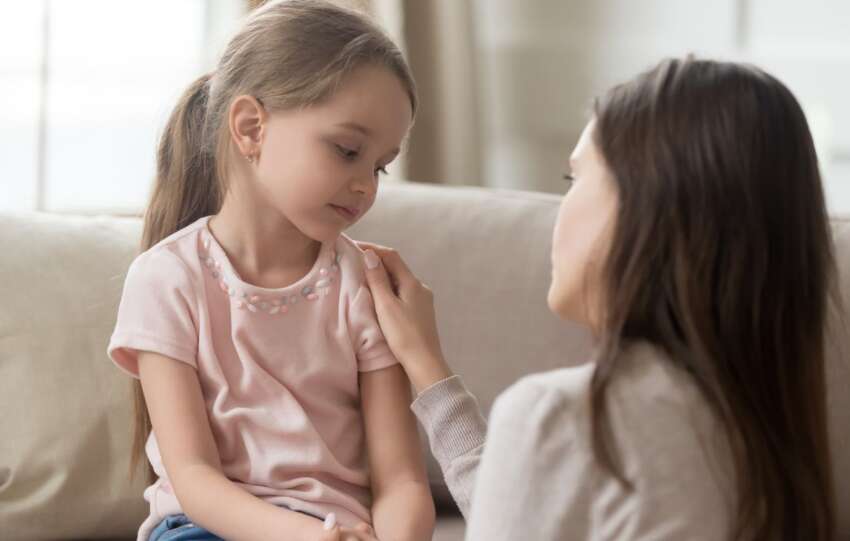Nowadays, children are more exposed to media, and it has great power to influence the young minds of your children. Giving your child timely sex education can do you any favors. Your child will know about the possibility of coming across sexual material and how to act in such situations.
Talking to kids about sex is paramount as it equips them with accurate information, cultivates a healthy attitude towards their bodies, and helps establish a foundation for responsible sexual behavior. It may be difficult to broach the issue for parents and other caretakers. In this article, you will know the importance and cruciality of this sensitive topic.
Importance of talking to kids about sex
Having open conversations about sex with children is crucial to their development. Open and age-appropriate conversations about sex promote understanding, clear out the myths, and counter misinformation that often circulates among peers. By initiating these conversations early, parents and caregivers can create an environment of trust where children feel comfortable seeking guidance and clarifications regarding their evolving curiosities.
Comprehensive sex education empowers children to make informed decisions about their bodies, relationships, and personal boundaries. It aids in preventing risky behaviors, such as early and unprotected sexual activity, that might lead to unintended pregnancies or sexually transmitted infections. Furthermore, discussions about consent, respect, and relationship communication foster a sense of agency and the ability to check interpersonal dynamics effectively.
Why is it important to talk about sex with kids:
If you avoid conversations about sex, this will leave children vulnerable to misinformation from unreliable sources, potentially distorting their perception of their bodies and relationships. Embracing this sensitive content not only provides accurate knowledge but also reinforces the idea that sex is a natural part of human development, reducing shame and fostering body positivity.
How and Where to Start:
It is very crucial to start this sensitive conversation with care. Below are mentioned a few tips:
Build trust:
Any productive discussion must start with establishing trust. Create a space where your kids may express themselves freely without worrying about being judged. To make sure that your kid can understand the information being provided, use language and explanations that are suitable for their age.
Body Awareness:
Start by teaching children about their bodies. This helps them establish a proper understanding of their anatomy and lays the foundation for open communication. In simple terms, explain the basic biological process of reproduction. You can use age-appropriate books or diagrams to illustrate this process.
Gender Identity and Diversity:
Tell them about the concept that people can identify as different genders and that it’s important to respect everyone’s identity. This can be a starting point to talk about acceptance and understanding.
Puberty:
As children grow, the physical and emotional changes that come with it. Explain things like menstruation, facial hair growth, voice changes, and emotional fluctuations.
Consent:
Teach kids about the importance of consent from an early age. Explain that nobody should touch their bodies without permission, and they shouldn’t touch others without permission, either.
Online Safety:
In the digital age, it’s crucial to educate kids about online safety, including how to protect their personal information and avoid engaging in inappropriate online behavior.
Open Communication:
Encourage kids to ask questions and express their curiosity. Create an environment where they can feel comfortable discussing sensitive topics with you.
As you end the discussion, tell your kids your willingness to answer every query about the topic. Make sure your kid understands that they can always talk to you about any questions or issues and that you are there to assist them as they continue to learn and develop. Give kids access to age-appropriate materials they can freely investigate, such as books and websites.
Final Thoughts:
Keep in mind that each kid is totally different, so talk to them according to their age, level of maturity, and specific requirements. You can provide your kids with the information and understanding they need to make wise choices about their bodies and relationships by creating a culture of trust, transparency, and respect. In essence, talking openly about sex with kids paves the way for healthier attitudes, safer choices, and more meaningful relationships as they grow into sexually aware and responsible adults.





